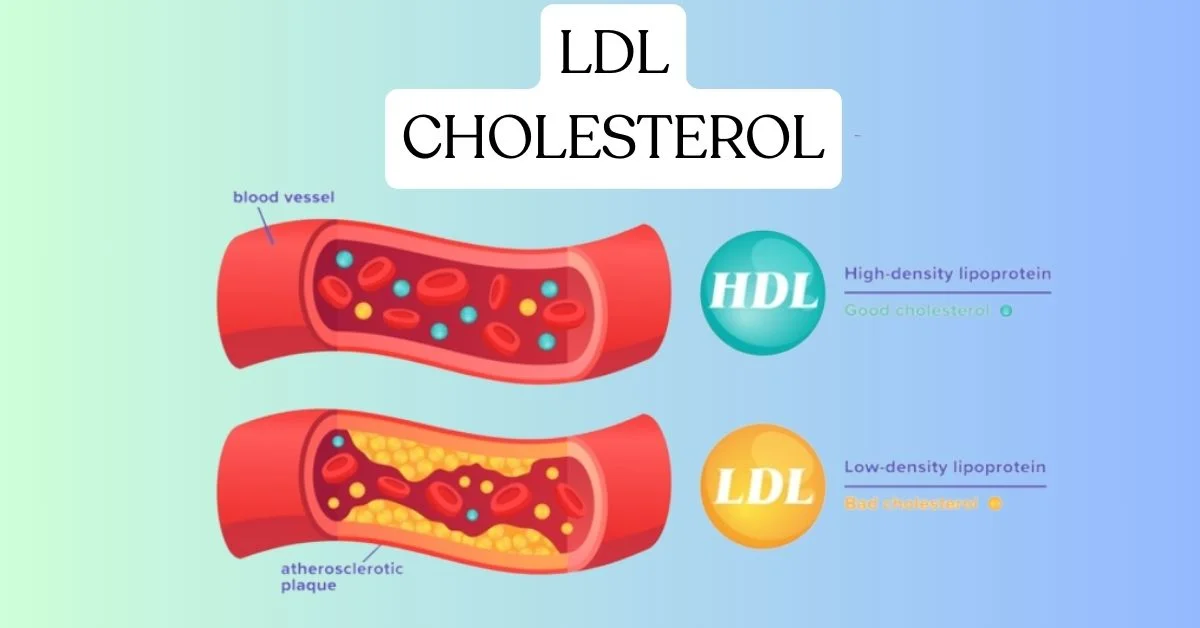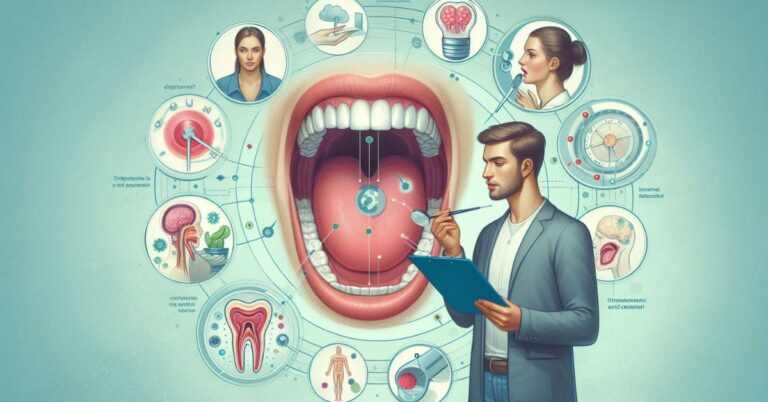Understanding LDL Cholesterol: The Risks and Implications
LDL (low-density lipoprotein) cholesterol, which is sometimes called “bad” cholesterol, is very important to our health. Even though cholesterol is needed for many bodily functions, like making hormones and building cell membranes, too much LDL cholesterol can be very bad for your health. We’ll talk about how important LDL cholesterol is, how it affects heart health, and how to keep its levels in check in this article.
The Role of LDL Cholesterol
LDL cholesterol and lipoproteins both move cholesterol particles around in the blood. People often call HDL cholesterol “good” cholesterol because it keeps cells healthy. LDL cholesterol, on the other hand, is considered “bad” because it is connected to heart disease.
Understanding the Risks
Some people with high levels of LDL cholesterol build up cholesterol in their artery walls. This is called atherosclerosis. This buildup can make the arteries narrow over time, cutting off blood flow to important organs like the brain and heart. If you don’t do anything about it, atherosclerosis can lead to heart disease, stroke, or other problems with your heart.
Assessing Your Risk
Genes, diet, lifestyle choices, and underlying health issues are just a few of the factors that can contribute to high LDL cholesterol levels. Heart disease and stroke run in the family. People who eat a lot of saturated and trans fats, smokers, and people who are overweight or have diabetes are more likely to have high LDL cholesterol levels.
Managing LDL Cholesterol Levels
There are things you can do, though, to control your LDL cholesterol and lower your risk of heart disease.
Adopting a Heart-Healthy Diet: Your diet should include a lot of fruits, vegetables, whole grains, and lean proteins. Saturated fats are found in foods like red meat, full-fat dairy, and fried foods. Trans fats should not be eaten at all.
Regular Exercise: Doing regular physical activity can lower your cholesterol and improve the health of your heart in general. Try to do at least 30 minutes of moderately intense exercise most days of the week. Some examples of this would be swimming, cycling, or taking brisk walks.
Maintain a Healthy Weight: Losing weight can help lower your LDL cholesterol and lower your risk of getting heart disease. Healthy eating and regular exercise can help you lose weight slowly and in a way that lasts.
Quit Smoking: Not only does smoking cause LDL cholesterol to build up in the arteries, but it also hurts blood vessels and raises the risk of blood clots. One of the best ways to improve heart health and lower LDL cholesterol levels is to stop smoking.
Medication, if necessary: Sometimes, making changes to your lifestyle might not be enough to bring your LDL cholesterol levels down to a healthy range. When this happens, your doctor may give you drugs like statins to help control your cholesterol levels and lower your risk of heart disease.
Conclusion
However, even though LDL cholesterol is an important part of our body’s lipid profile, high levels can be very bad for heart health. By doing things that are good for your heart, like eating well, staying active, keeping a healthy weight, and not smoking, you can control your LDL cholesterol levels and lower your risk of heart disease.
FAQs
Why is LDL cholesterol thought to be “bad” cholesterol?
Lower-density lipoprotein cholesterol, or LDL cholesterol, is a type of lipoprotein that moves cholesterol particles around in the blood. It’s often called “bad” cholesterol because high levels can cause cholesterol to build up in the walls of arteries, which raises the risk of heart disease.
What are the dangers of having a lot of LDL cholesterol?
Having a lot of LDL cholesterol can make you more likely to get atherosclerosis, a disease where plaque builds up in your arteries. This can cause arteries to get narrow and blood flow to slow down, which raises the risk of heart disease, stroke, and other heart problems.
What causes LDL-cholesterol levels to be too high?
Genes, diet, lifestyle choices, and underlying health issues are just a few of the factors that can contribute to high levels of LDL-cholesterol. Heart disease runs in the family; people who eat a lot of saturated and trans fats, smokers, and people who are overweight or have diabetes are more likely to get heart disease.
How can I change my lifestyle to lower my LDL-cholesterol?
Getting regular exercise, eating a heart-healthy diet, staying at a healthy weight, and giving up smoking are all important ways to control LDL-cholesterol levels. These changes to your lifestyle can help lower your cholesterol and improve your heart health in general.
When should you take medicine to lower your LDL-cholesterol?
Sometimes, making changes to your lifestyle might not be enough to bring your LDL-cholesterol levels down to a healthy range. If you have other risk factors or underlying medical conditions, your doctor may prescribe drugs like statins to help control your cholesterol levels and lower your risk of heart disease.







